Trust Logos: 8 Third-Party Logos to Convince Website Visitors You're Legit
Note: Trustlogos.com forwards to this post.
We write about many kinds of website trust signals on...

The Better Business Bureau (BBB) has been a symbol of trust since the days of teletypes and horses and buggies. In 1912, the organization emerged to help businesses respond to a crisis in public trust, when exaggerated advertising claims were the subject of high-profile lawsuits by the U.S. government against the Coca-Cola Company and others.
More than a century later, the BBB is still relevant. Whereas retail storefronts in the pre-internet world proudly displayed the BBB seal in their shop windows, today about 400,000 BBB Accredited Businesses worldwide display the badge on their websites. Beyond those accredited companies, 6.2 million businesses have profiles at BBB.org, which receives 220 million website visits annually.
Visitors use the site to search for local vendors (roofers, car mechanics, HVAC repair) as well as to post reviews and lodge complaints. The BBB warns the public when a company receives a lot of complaints, or when it gets wind of various scams online or in local communities.
A 2021 study by Baymard Institute reported that "the Better Business Bureau seal ranked closely behind the Norton seal as those that instilled the most confidence in online shoppers."
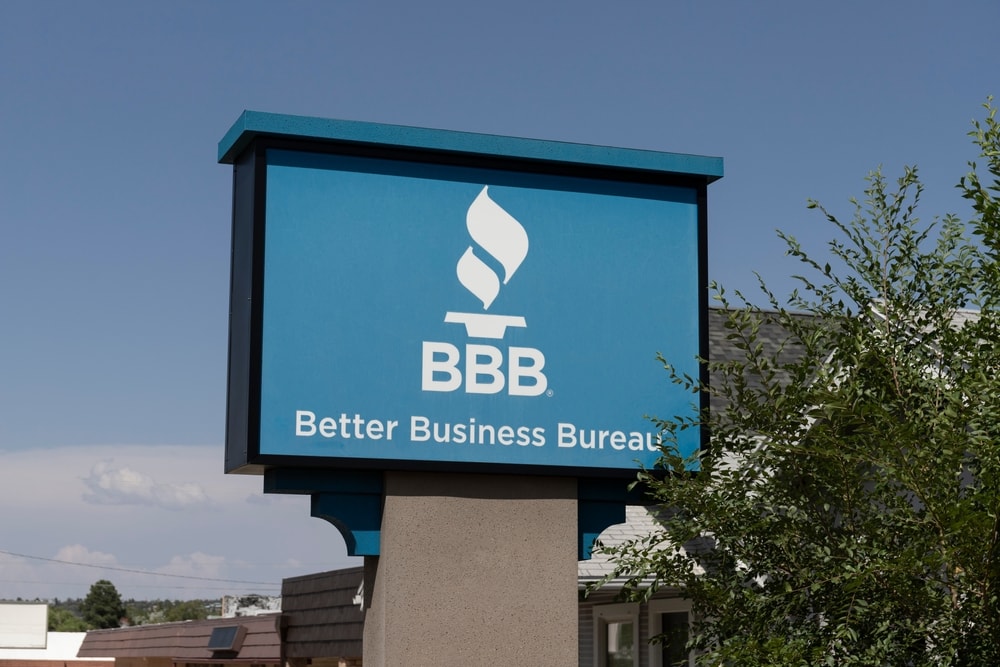
A Better Business Bureau accreditation is a valuable certification for businesses. It doesn't mean that the company has an impeccable reputation or has never done anything wrong. It does mean, however, that the company has met a number of standards that have been set by the bureau and seeks to operate according to a specific code of ethics.
It requires completing an application form, supplying the required information, undergoing a check on your business, and meeting the BBB's standards. Fees are also involved with the process of getting accredited, which demonstrates to consumers that accredited businesses are willing to put their money where their mouth is when it comes to their service.
To be accredited, a business must:
The BBB expects businesses to have a record of operating ethically within their marketplace for at least six months. They must have all the appropriate certifications and licenses, not have any government action against them that demonstrates a failure to meet BBB principles, and have at least a B rating at their office or headquarters.
Businesses must ensure that all advertising is truthful and clearly state any limitations on the services they offer. People who advertise on behalf of the company must also ensure that their ads and websites don't misrepresent or hide any information about the business. Furthermore, when discrepancies are found, accredited companies must work with the Better Business Bureau and agree to modify, support, or cease certain advertising and selling practices.
In order to become an accredited business, they must agree to accurately represent their goods and services, including comprehensive and obvious statements of all material terms. Businesses must supply all pertinent information about their business when requested by the BBB. They must also be transparent with customers regarding:
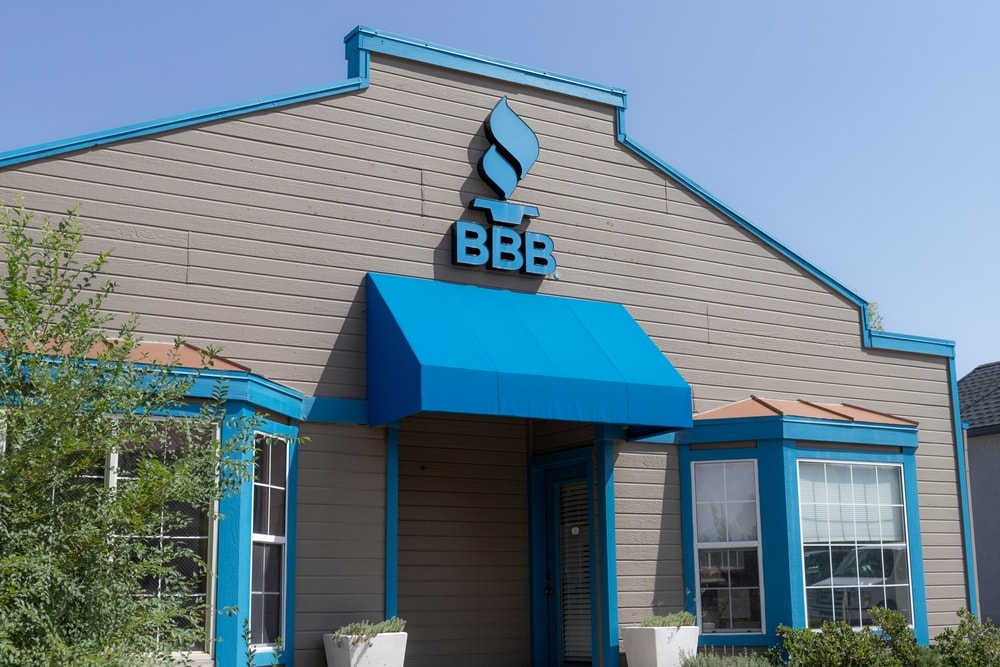
Businesses must be willing to honor any written and spoken promises, and they need to work with the BBB when there is a mistake in their advertising or other issues.
The company must work closely with the BBB when responding to any customer complaints. They must also agree to perform any actions necessary to resolve the issues at hand, and provide a commitment in writing within 30 days of being notified that they have failed to meet standards set out by the bureau.
In order to be accredited, businesses must commit to protecting the privacy of their customers' personal information. They also must disclose how they handle private information, act as stated within their policy, and offer safe online transactions that protect personally identifiable information.
All commercial interactions, market activities, and obligations should be conducted with honesty, good faith, and a commitment to do what is reasonably expected. They must avoid being involved in acts that damage the reputation of BBB or its accredited firms or reflect poorly on them.
Assuming your business can meet the Better Business Bureau's standards, the benefits of becoming a BBB Accredited Business are significant.
Here are six of the biggest:
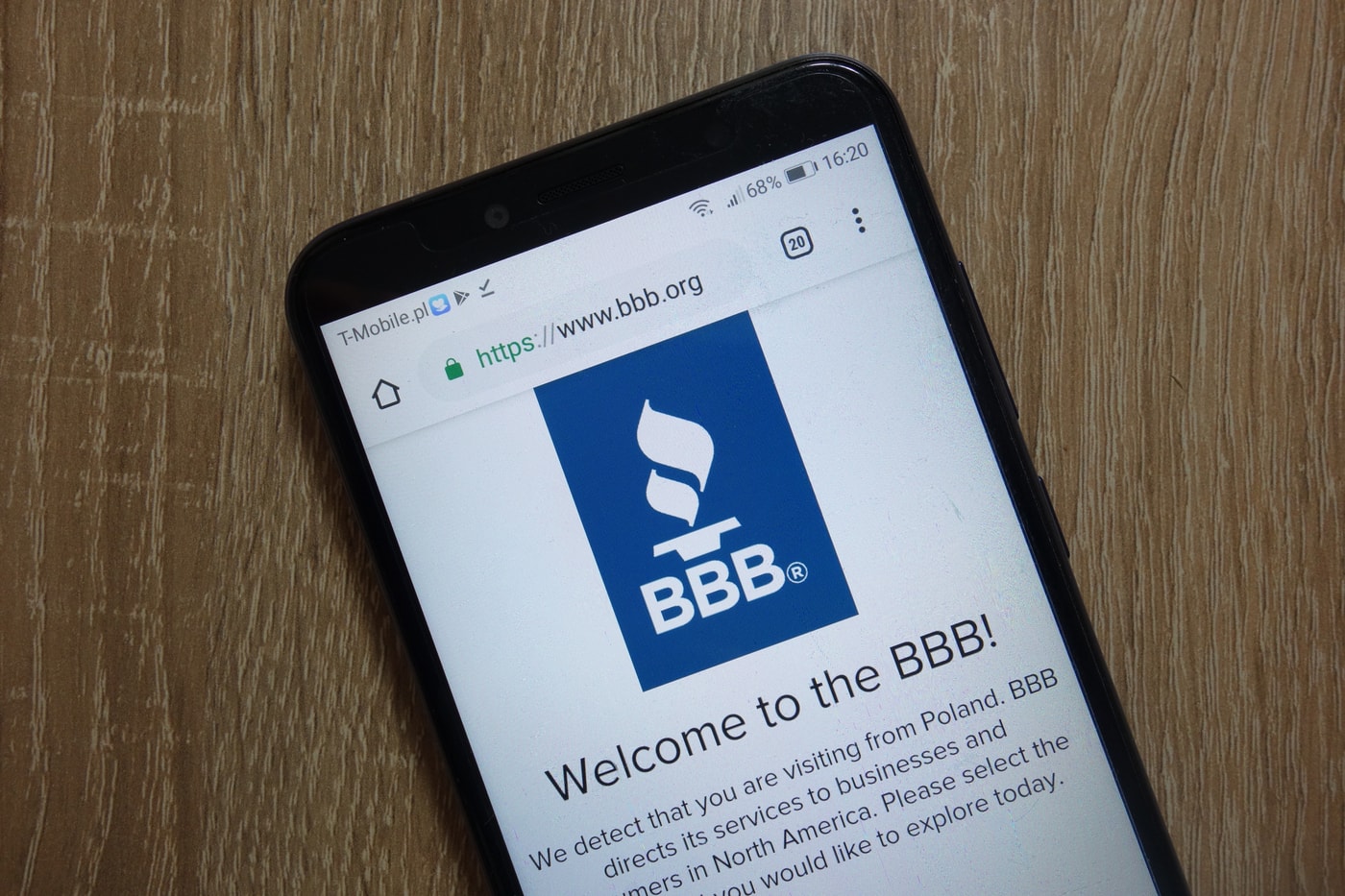
The Better Business Bureau is one of the most recognized and trusted consumer-protection brands in the world. We've all had one, if not multiple, experiences with businesses that treated us poorly and didn't care about the consequences. Being BBB accredited can go a long way in easing customers' minds regarding what their experience with your brand will be like.
BBB.org is one of the 800 most visited websites in the United States. While millions of businesses are listed at BBB.org, the profiles of accredited companies are much easier to find — and much more impressive when found.
Items listed on a BBB profile page include:
Additionally, the page contains a statement from the BBB affirming the company's certification and commitment to make good-faith efforts to resolve any issues that might arise.
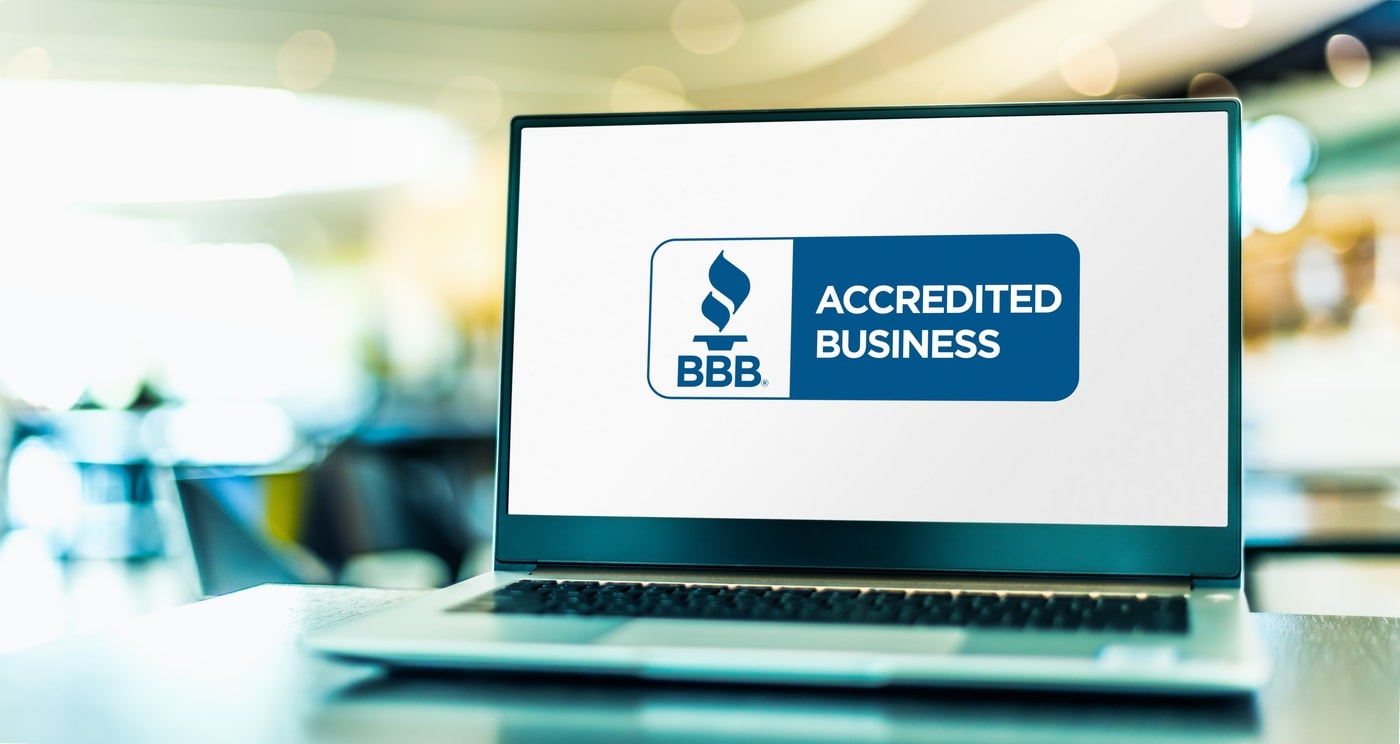
The high domain authority of BBB.org means that any time someone Googles the name of your company, your BBB profile is likely to be high in the results—especially if you follow the Better Business Bureau's recommendations for optimizing your profile. In other words, one of the first things potential customers will see when they search is the fact that you're validated by the Better Business Bureau.
Additionally, a high Better Business Bureau rating and positive reviews, as well as a link from BBB.org back to your website, have the potential to improve your own website's search position—although Google has not confirmed this and it's a subject of some controversy among digital marketers. What we can say for sure is this: it certainly doesn't hurt.
When deciding whether to engage with a particular company, many people visit its page on the BBB website. Assuming your profile is strong, they may either directly request a quote from you through the BBB site or click through to your company website.
What's more, when a person arrives on your website and sees the BBB trust seal, it can go a long way in helping them feel comfortable with doing business with you. They will know that you've put the work in to meet standards set out by an impartial third-party organization, and that it's not just based on your say-so alone.
Accredited businesses are expected to answer all customer complaints to maintain their accreditation status. The BBB makes this easier by offering free dispute resolution services, including mediation and/or arbitration services in some regions (depending on the jurisdiction and local law). When a customer files a complaint with the BBB, your company will receive a notice from the BBB, and you have 28 days to respond.
You will improve your Better Business Bureau rating if you respond appropriately and promptly to consumer complaints. When a consumer is uncooperative but the Better Business Bureau determines that your company made a good-faith effort to settle the issue, dispute resolution specialists will document the circumstances surrounding the unresolved dispute and close the case in favor of your business.
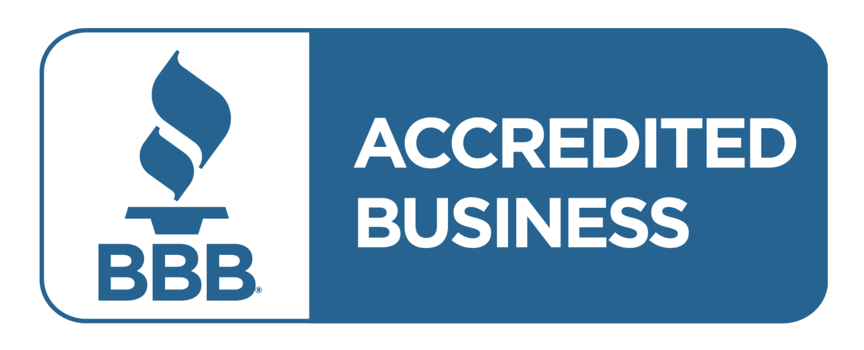
Trust badges on websites are incredibly important, and the Better Business Bureau seal is one of the best out there — and only BBB Accredited Businesses are allowed to use it.
On its website, the BBB notes that 85% of customers are more comfortable doing business with a business that has been accredited, and displaying the BBB seal prominently on your website is proof that you are. A study by the impartial UX research firm Baymard Institute stated that the Better Business Bureau seal ranked closely behind the Norton seal as those that instilled the most confidence in online shoppers.
At a time when people are increasingly fearful of being scammed, the BBB trust seal can go a long way in reassuring potential customers that they are working with a company they can trust.
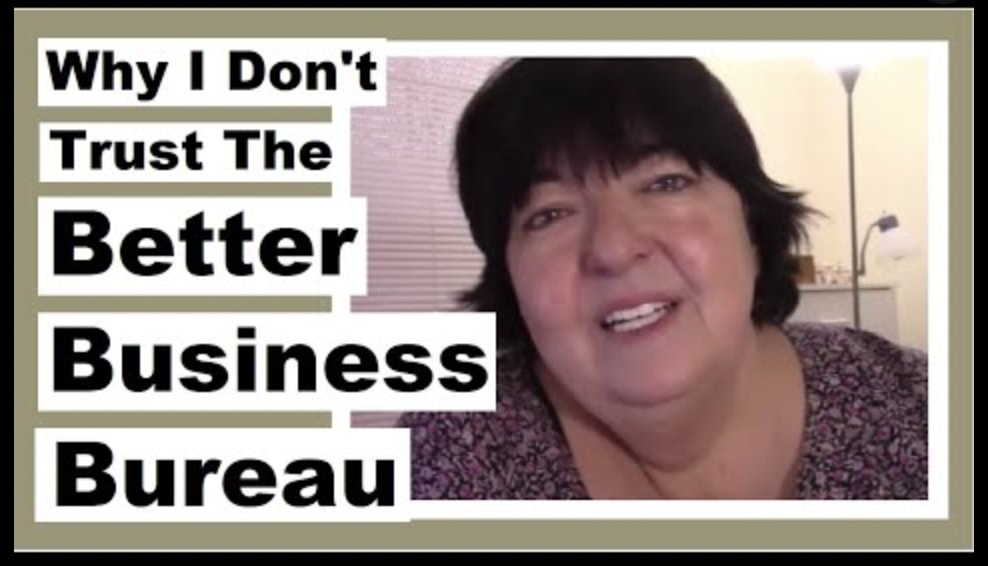
Given the organization's storied history and high visibility, you might assume that adding a BBB seal to your website would be a no-brainer. The catch is that to display the seal you have to be accredited -- and that costs money. Depending on the nature of the accreditation and the size of your business, the cost could run in the hundreds or even thousands of dollars per year.
So, is it worth it? You can find any number of articles online by folks who say it isn't, based on their own experiences. Many cite its decreasing influence with younger consumers, going so far as to label it the "OK Boomer" seal. Here are some sample criticisms:
For my company, Idea Grove, joining the Better Business Bureau was an easy decision. Our business centers on building, growing and protecting trust for our clients and their customers.
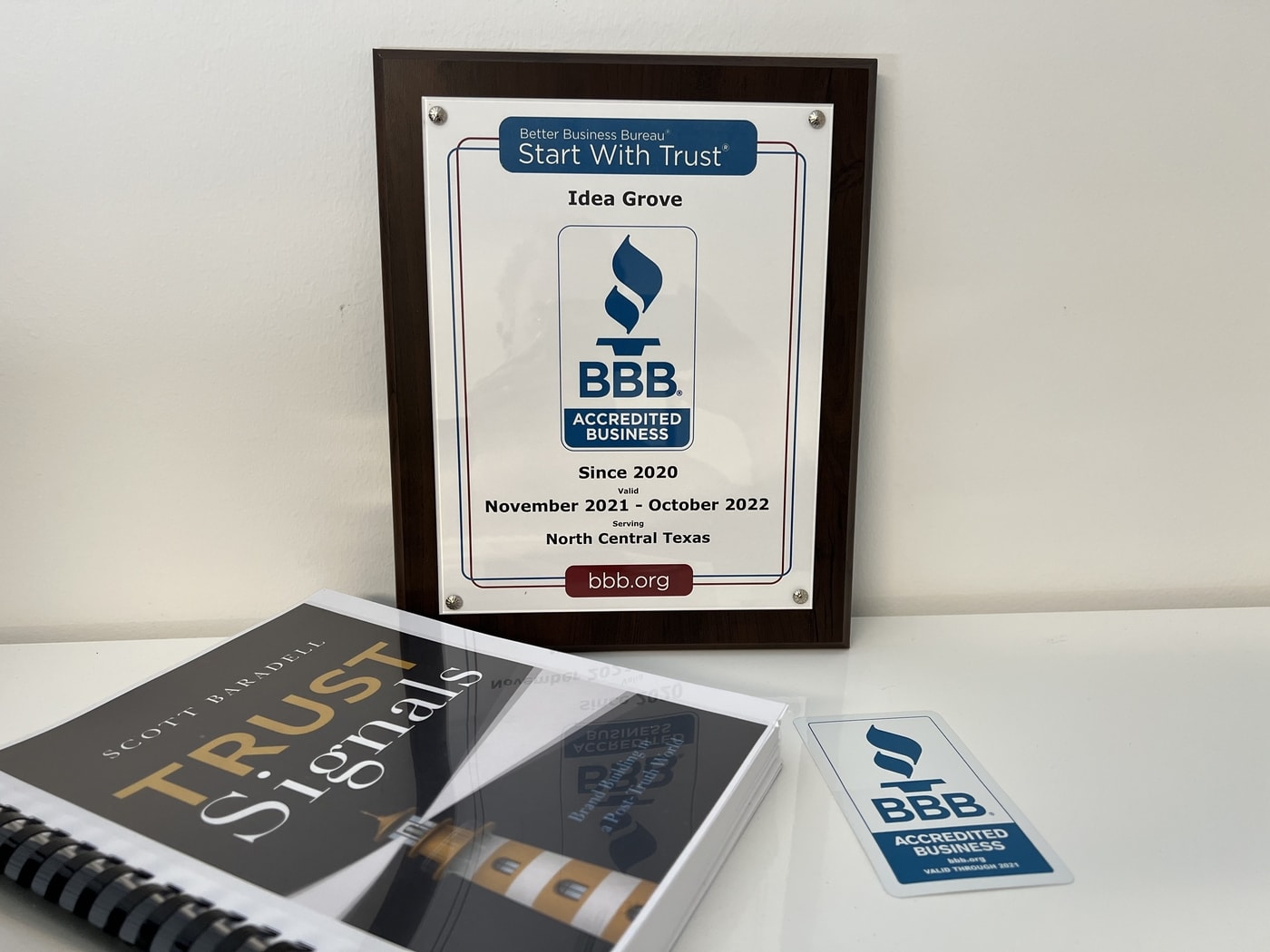 The bottom line is, adding a trust badge to your site touting that you are a BBB accredited company with an A+ rating carries a lot of weight to this day. Strongly consider it for your business.
The bottom line is, adding a trust badge to your site touting that you are a BBB accredited company with an A+ rating carries a lot of weight to this day. Strongly consider it for your business.
Portions of this article originally appeared at Entrepreneur.com.

Scott is founder and CEO of Idea Grove, one of the most forward-looking public relations agencies in the United States. Idea Grove focuses on helping technology companies reach media and buyers, with clients ranging from venture-backed startups to Fortune 100 companies.

Note: Trustlogos.com forwards to this post.
We write about many kinds of website trust signals on...

Signed, sealed and delivered.
Seal of approval.
Sealed their fate.
Seal the deal.
Sealed with a...
Leave a Comment